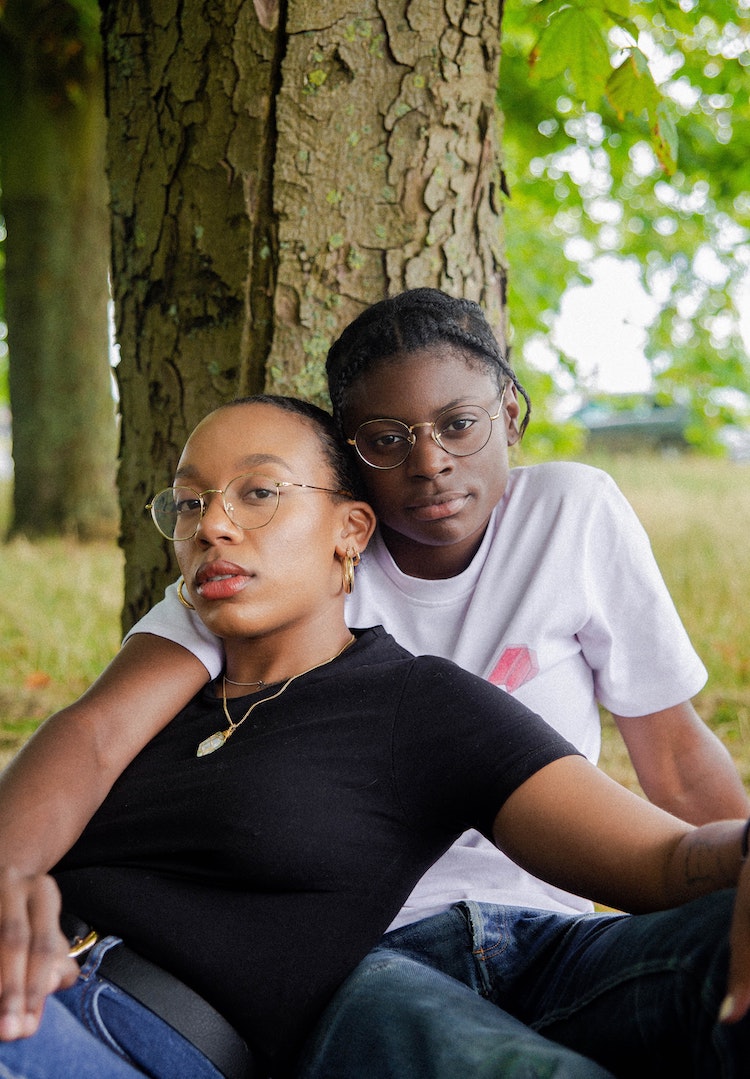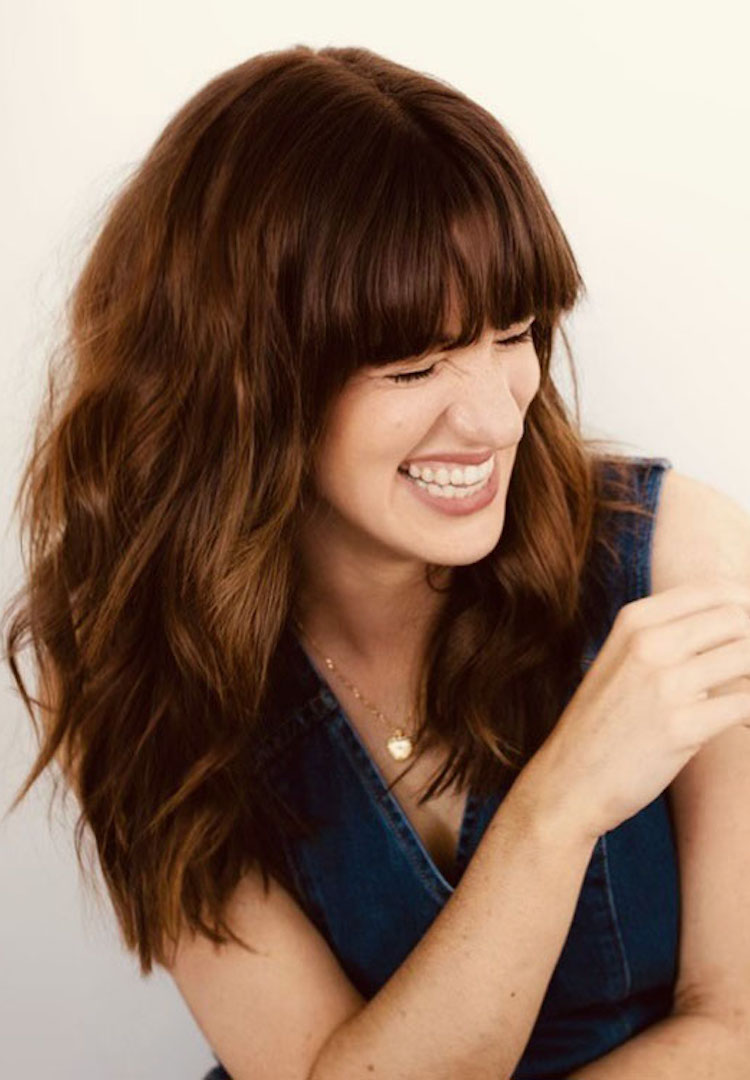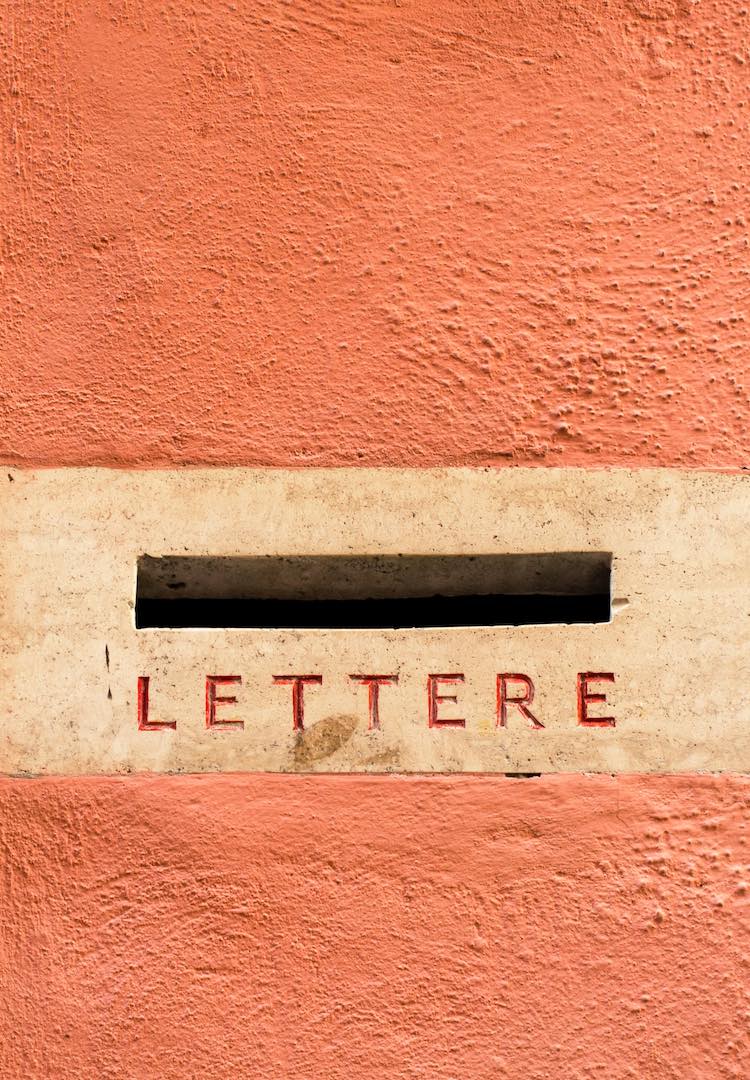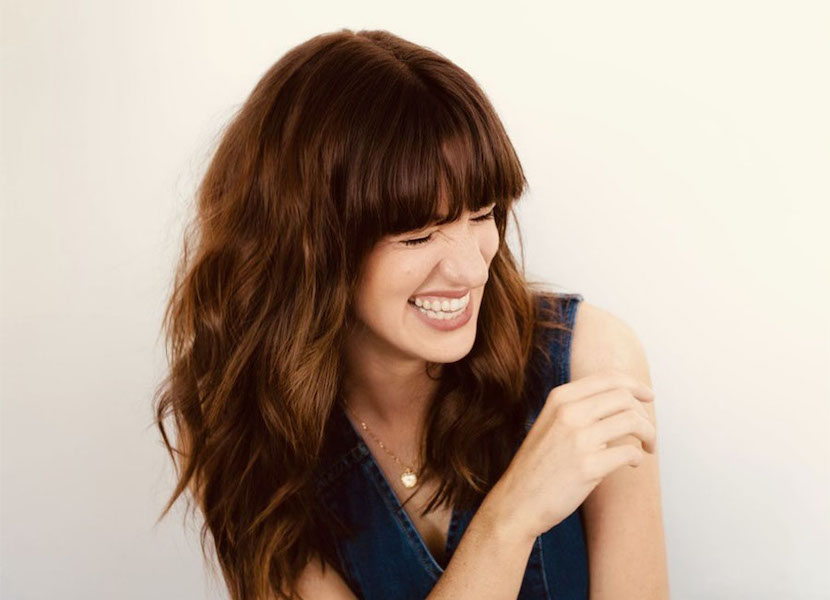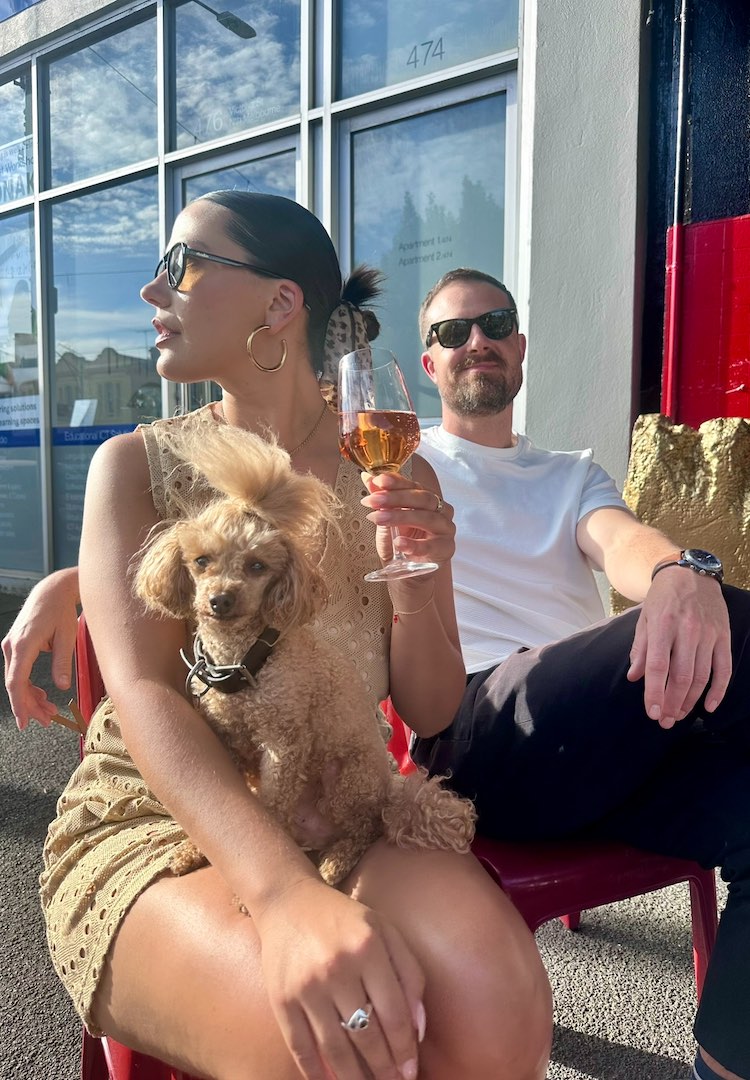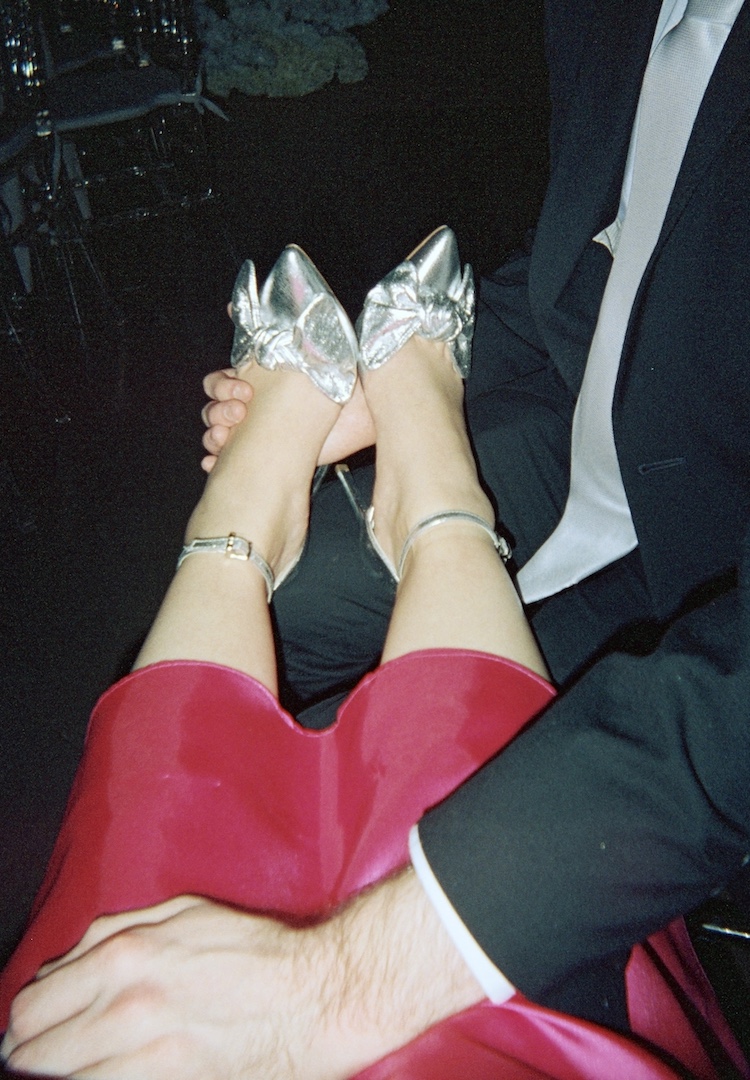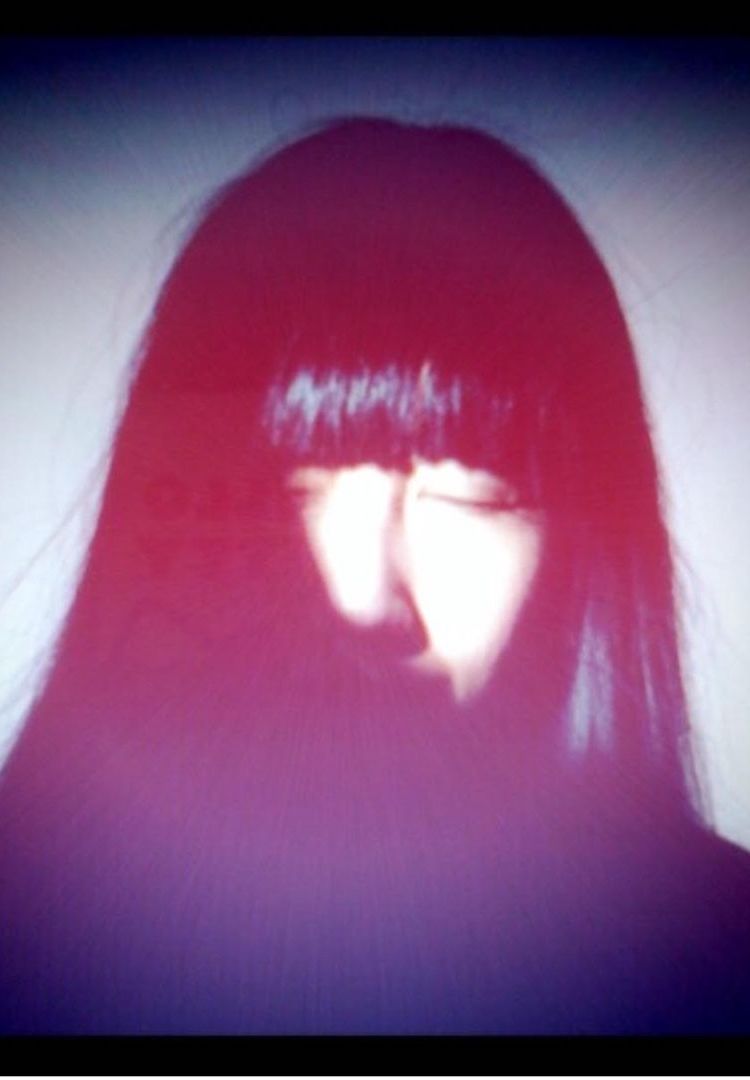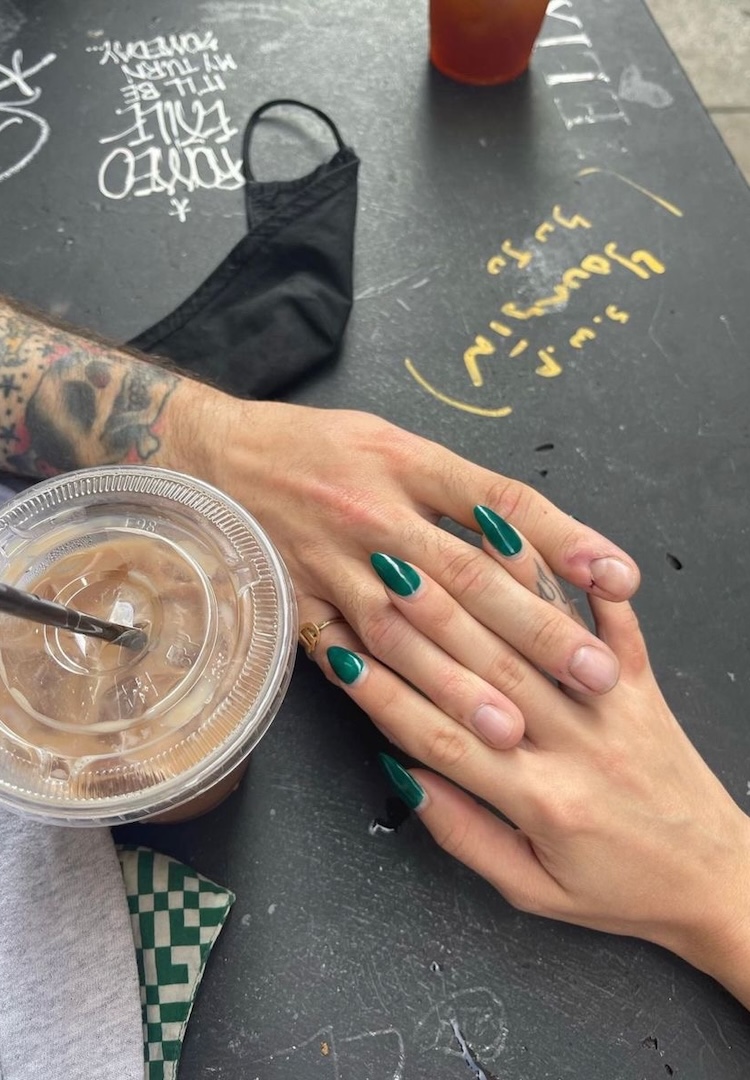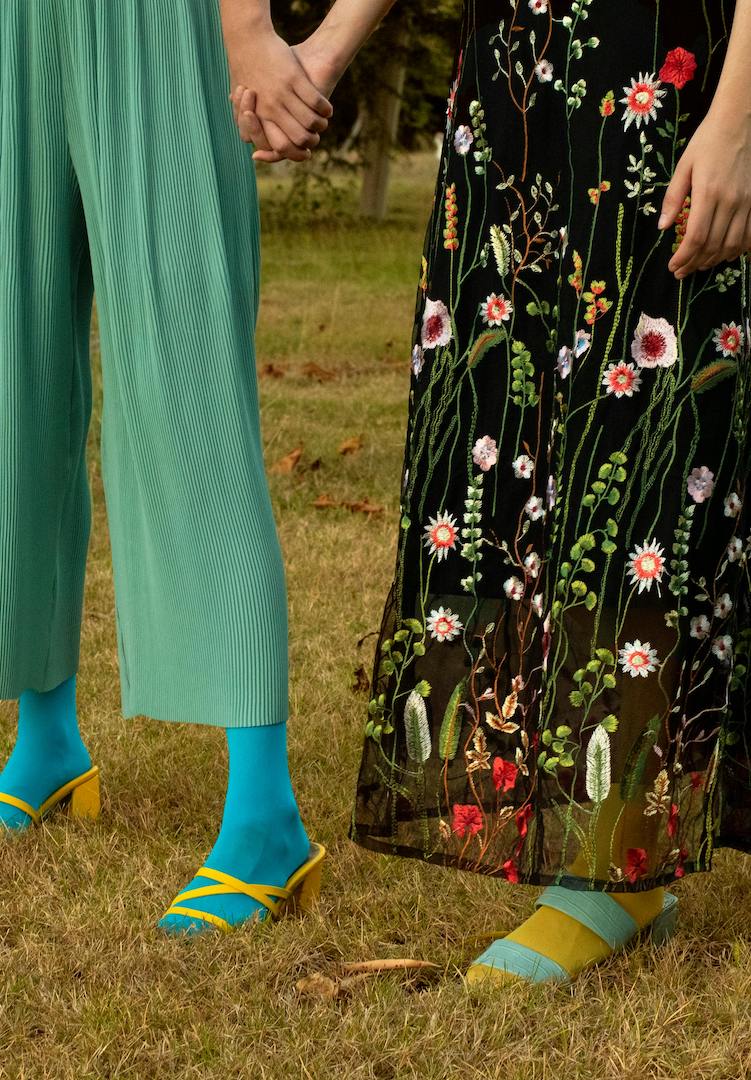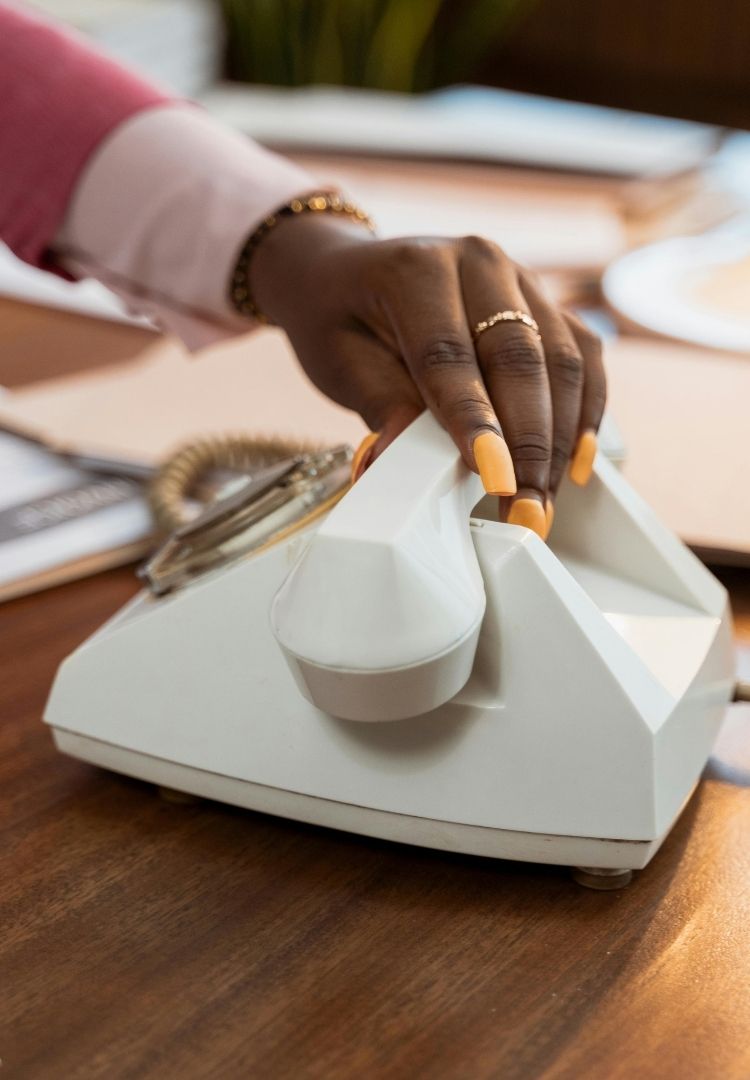How I Got Here: Elle and Marie Claire’s digital editor on making yourself an asset in every job
WORDS BY CAIT EMMA BURKE
“I’ve seen way too many people jump ship when they’re bored or frustrated in a role when a simple conversation with their manager could have opened up new opportunities.”
Have you ever stalked someone on LinkedIn and wondered how on earth they managed to land that wildly impressive job? While the internet and social media might have us believe that our ideal job is a mere pipe dream, the individuals who have these jobs were, believe it or not, in the same position once, fantasising over someone else’s seemingly unattainable job.
But behind the awe-inspiring titles and the fancy work events lies a heck of a lot of hard work. So what lessons have been learnt and what skills have proved invaluable in getting them from daydreaming about success to actually being at the top of their industry?
Looking for more career advice? Subscribe here and we’ll send it straight to your inbox each week.
Welcome to How I Got Here, where we talk to women who are killing it in their respective fields about how they landed their awe-inspiring jobs, exploring the peaks and pits, the failures and the wins, and most importantly the knowledge, advice and practical tips they’ve gleaned along the way.
This week Melissa Mason, the digital editor of Elle and Marie Claire, unpacks how she went from a post-uni internship to heading up two globally renowned fashion titles. By going above and beyond in her first internship – a practice she’s continued throughout her career – Melissa was able to land small writing opportunities, and eventually a part-time job as the fashion assistant for Take 5 Magazine.
From there, her resume reads like a veritable who’s who of the Australian media world. She’s been the features and beauty editor at Girlfriend, editor at Primped, managing editor at Pedestrian and the content director at Broadsheet, before landing her dream role as the digital editor of Elle and Marie Claire. It’s taken a lot of persistence and upskilling to get to where she is today, and she counts challenging herself, networking and learning everything she can from mentors and leaders in the industry as key to her success. Here’s what she’s learnt along the way.
What do you do and what’s your official job title?
I’m the editor (digital) of Elle.com.au and marieclaire.com.au, so I oversee the content strategy across both websites and manage the combined editorial team.
Take us back to when you were first starting out. Did you study to get into your chosen field, or did you start out with an internship/entry-level role and climb the ladder? Tell us the story.
Ooft, not at ALL. I basically went to uni because it was the thing you did. I had no idea what I wanted to study, so I went with an arts degree. Over a couple of years, I honed my focus into English and modern history – just because I enjoyed them. I’d always been an avid magazine reader though, and in my final year of uni decided I’d do some work experience in the industry. I did three different work experience weeks and at every one, I went above and beyond – I’d always ask if there was extra work I could do to help out, which led to small writing opportunities and eventually, an internship in the NW fashion cupboard.
From there, I scored a part-time job six months later as the fashion and beauty assistant for Take 5 Magazine. I learned so much from my manager Janine Donovan – a long-time beauty and fashion editor who taught me how to network, write about style and understand a readership. I went from there to a full-time editorial assistant role at Famous, then was the beauty writer at Girlfriend Magazine for a few years. Again, I just got my hands dirty – I would ask my editor Sarah Tarca if I could write features, then eventually became features and beauty editor.
After that I went digital, moving to MTV as a style writer. It was a bit of a step back ladder-wise because I was transitioning into digital, but a great start in web. Then I was editor at Primped.com.au, but when the relaunch didn’t go ahead I took a role at Pedestrian.TV as senior style editor, a total dream role. I stayed there for three years and moved up the ranks to managing editor. Then, I went to Broadsheet as content director before coming to Elle/Marie Claire as editor (digital). Phew! As you can see it’s taken around a decade to get here.
What challenges/hurdles have you faced getting to where you are now? Can you tell us about one in particular?
I think the biggest challenge has been when I’ve felt bored in a role but there isn’t anywhere to move in the structure. On one hand, I deeply believe you should pay your dues and learn from mentors and leaders before promotions or adding challenges to your role – so if your manager says you need to grow more before a promotion, or they want you to focus on your current tasks, consider their advice. They’re usually on your side and aren’t holding you back for no good reason. That being said, I’ve definitely had moments where I’ve gotten frustrated with the monotony of a role, where I’ve found myself just coasting. I’ve learned to take a self-check when I feel like I’m going through the motions.
Are there ways you can develop your skills and experience without a promotion? Can you challenge yourself? Have you chatted to your manager about other ways to challenge yourself in your role? Honestly, people don’t have that chat often enough – I remember having that conversation with my manager at Pedestrian, Josie Rozenberg-Clarke, and she suggested I write more feature articles instead of just style content. I ended up as style and features editor and developed the long-form content strategy for Pedestrian. My role completely changed and it was all because I’d actually said to my manager “Look, I’m not feeling challenged. What could I do for the site that would be of use?” essentially. I’ve seen way too many people jump ship when they’re bored or frustrated in a role when a simple conversation with their manager could have opened up new opportunities within the business. Obviously, sometimes you have to leave to grow. But I do think it’s worth a convo first.
What do you want people to know about your industry/your role?
Ooh, the number one thing would be that fashion media is not as glamorous as you think it is, and it’s a LOT of hard work. People think it’s all champagne-filled events and free handbags (thanks for that, Devil Wears Prada) but it’s really not. That being said, it’s absolutely wild to me that I get to work on two globally renowned fashion titles and spearhead their Australian content. And it is so much fun – just not because of free Birkin bags or whatever Miranda Priestly was palming off to Andie in that movie.
What’s the best part about your role?
My absolute favourite part of my role is seeing my team thrive. When they write content they’re proud of, that makes my heart sing! There’s honestly no better feeling. I also love when our content has an impact on readers. People DMing me or the brand to say a story resonated with them or helped them, whether it’s about loss or mental health through to the lighter stuff like finding the right skincare routine – that’s what I love. Women’s content has, for a long time, been considered as vapid or fluffy by plenty of people but it’s really not. It’s very conversation-driven and engaging. You can make a huge impact on your audience because they want to be part of the conversation, not just reading about it. They want to engage.
What would surprise people about your role?
That being an editor or manager is way, way different to being in the content team. My primary role is to manage my team and ensure they’re thriving, which is a lot of people management, problem-solving and admin. It’s also a lot of tough conversations, which can be emotionally taxing, but are also important to have to ensure the health of your team, so you kind of have to be the bad guy sometimes. I also work almost exclusively on strategy and not on actual content creation. I think people envision reaching ‘editor’ as the ultimate goal in a media career, but I feel like it should only be your goal if you genuinely are happy to let go of writing or content creation and step into full-time strategic thinking and people management.
My job is to bolster my writers so they can do their best work, and help them to do that. It’s definitely not a role for everyone, and if your passion is writing or design or another creative area, you really don’t have to reach editor to have made it to the top, you know? The top of the career ladder in media is wherever you get to where you love what you do and have, I guess, the freedom to be expressive and creative in that role.
What skills have served you well in your industry?
Networking skills for sure. Most of my more recent roles came from knowing people who told me about roles coming up, or recommended me to people in their company because they’d worked with me before, or knew someone who had who vouched for me. That’s why it’s so, so important not to burn bridges unless you have to for moral, personal or ethical reasons – my advice? Don’t sledge companies or editors on social media. Don’t leave jobs in an immature fashion, even if you never want to work there again. Don’t talk shit about old managers, workplaces or publications to everyone who’ll listen. It is such a small industry.
Obviously, there is a difference when it comes to sticking up for what you believe in, and calling stuff out is important. Just weigh up if you’re genuinely calling someone or somewhere out to shed light on injustice or toxic behaviour, or if you’re just angry or upset about a personal rejection or circumstance. Or worse, just to be funny at someone else’s expense – I can remember people in the industry who would ‘like’ or write nasty Tweets about me, my content, the company I worked for, just shit-stirring stuff… and honestly I would never hire them. Don’t think what you do and say doesn’t get seen, is I guess what I’m saying.
What advice would you give to someone who wants to be in a role like yours one day?
Learn from your managers and editors, for sure. I’ve paid ten years of dues to get here, and I’m still learning from industry leaders and my managers. Ask for feedback, use your appraisal meetings to strategise growth paths within the brand, put your hand up to take on new challenges, especially if it’s within an area where you’ll gain new skills.
What about a practical tip?
I feel it’s really important to be upskilling yourself. The more I’ve learned about other facets of this industry, from social media management to marketing to commercial, the better I’ve become at my job. Obviously, you have people around you who are highly skilled in these other areas, but it all works together so having some sort of skill set can really help you work fluidly with them. I remember taking on Instagram strategy when I was at Girlfriend magazine and I learned so, so much about growth and engagement strategy, stuff I still use today, from the digital editor back then.
Read the rest of the How I Got Here series here.
Looking to step up to a career in fashion? Each week we send a wrap of industry jobs straight to your inbox. Enter your details below and we’ll keep you in the loop, or browse current openings here.

